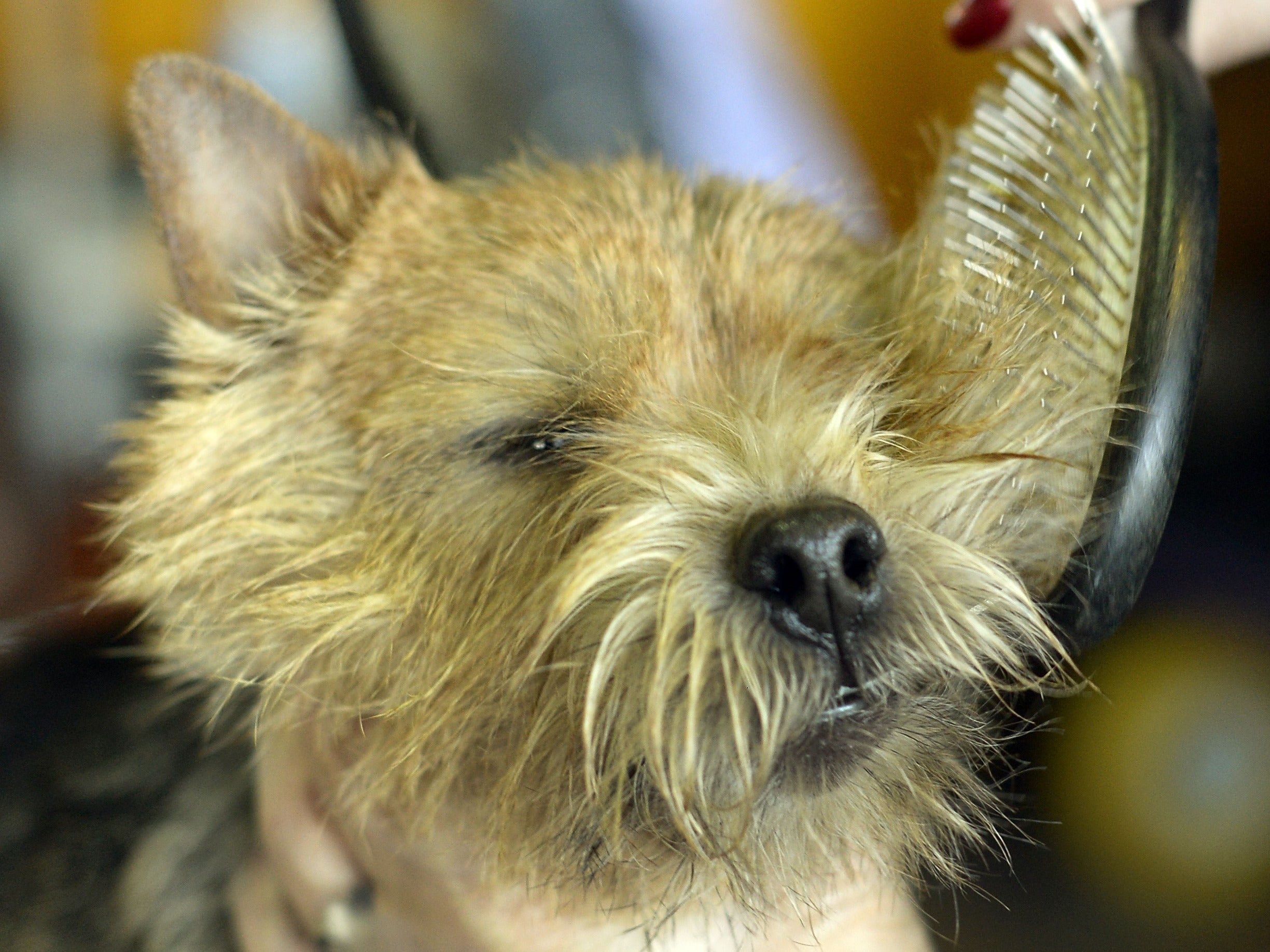Scientists discover DNA mutation linked to dogs’ breathing problems
Researchers hope to help prevent breeders from producing affected puppies

Your support helps us to tell the story
From reproductive rights to climate change to Big Tech, The Independent is on the ground when the story is developing. Whether it's investigating the financials of Elon Musk's pro-Trump PAC or producing our latest documentary, 'The A Word', which shines a light on the American women fighting for reproductive rights, we know how important it is to parse out the facts from the messaging.
At such a critical moment in US history, we need reporters on the ground. Your donation allows us to keep sending journalists to speak to both sides of the story.
The Independent is trusted by Americans across the entire political spectrum. And unlike many other quality news outlets, we choose not to lock Americans out of our reporting and analysis with paywalls. We believe quality journalism should be available to everyone, paid for by those who can afford it.
Your support makes all the difference.Scientists have discovered a DNA mutation which may cause breathing problems in popular dog breeds.
The issues are usually associated with flat-faced breeds, such as pugs and French and English bulldogs.
They are commonly affected by a condition called Brachycephalic Obstructive Airway Syndrome (BOAS), which can leave them short of breath.
The shape of their faces has long been blamed for BOAS but Norwich terriers, which have proportional noses, are affected by a similar condition called Upper Airway Syndrome.
The team of researchers, led by The Roslin Institute at the University of Edinburgh’s Royal School of Veterinary Studies, examined DNA from 400 Norwich terriers.
They discovered a DNA mutation in the ADAMTS3 gene, which has previously been found to cause fluid retention and swelling.
The researchers said the discovery could explain why those breeds were prone to developing breathing problems.
ADAMTS3 is not linked to skull shape but the same mutation was also found in French and English bulldogs.
“BOAS is a complex disease,” said Jeffrey Schoenebeck, who led the study, published in the journal PLOS Genetics. “Although skull shape remains an important risk factor, our study suggests that the status of ADAMTS3 should be considered as well.”
The scientists hope their research could lead to the prospect of genetic tests to identify at-risk animals and help breeders avoid producing affected puppies.
The study also involved researchers from the Royal Veterinary College and the University of Bern in Switzerland.
Additional reporting by agencies
Join our commenting forum
Join thought-provoking conversations, follow other Independent readers and see their replies
Comments